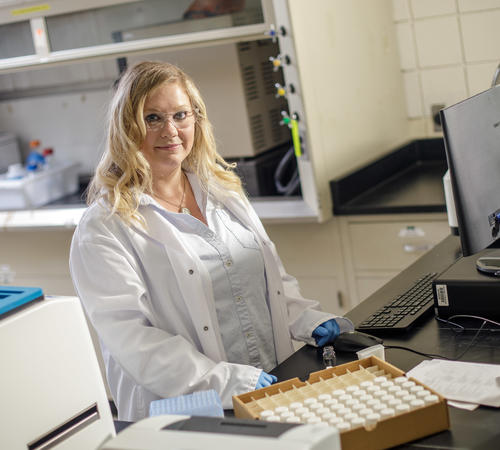Research News
In horse racing, safety of the horse and rider is paramount. A University of Kentucky professor and leading racecourse managers recently showed racetrack employees how to improve safety by properly grading the surface.
Mick Peterson and leading racecourse managers are showing racetrack employees how to improve safety by properly grading the surface.

The award is given to a society member who has produced outstanding work in food engineering through industry, research, teaching or extension.

Faculty with the institute will serve as judges in an upcoming contest to find innovative solutions for using spent grains.
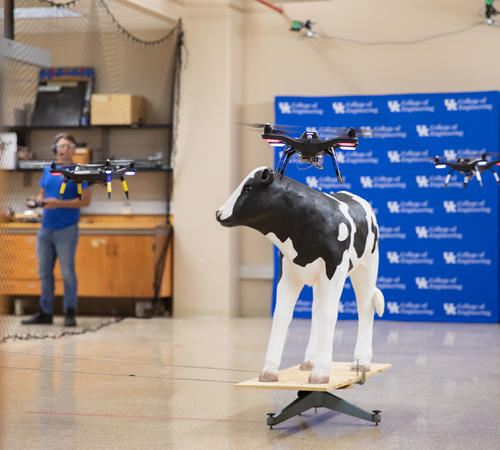
Jesse Hoagg, Michael Sama and Josh Jackson have been developing a way for farmers to autonomously monitor cattle using drones.
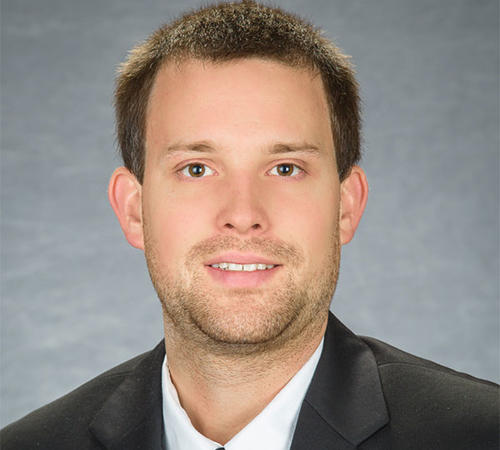
The project is titled, “RII Track-4: Elucidating Controls of Sediment Phosphorus Delivery to Tile-Drains” and will be funded in the amount of $226,757.

Mick Peterson, director of equine safety and BAE researcher is nationally and internationally recognized for a career in track surface safety research and testing.
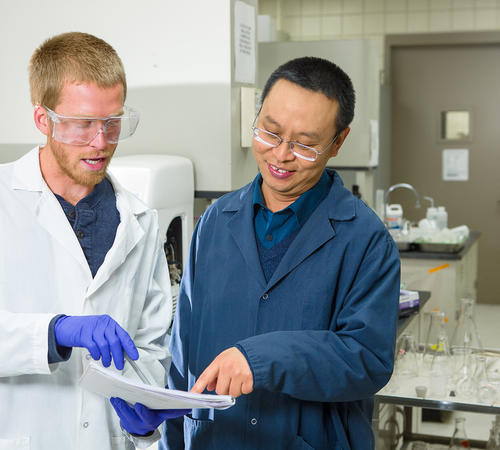
Through a grant from the U.S. Department of Energy’s Office of Energy Efficiency and Renewable Energy, the research team led by Jian Shi, an assistant professor in the UK College of Agriculture, Food and Environment, will work to identify the reasons behind the sulfur variability in pine feedstocks by studying byproducts collected from across the nation. With the DOE grant and cost-share dollars from universities and the industry, the project will total more than $2 million.
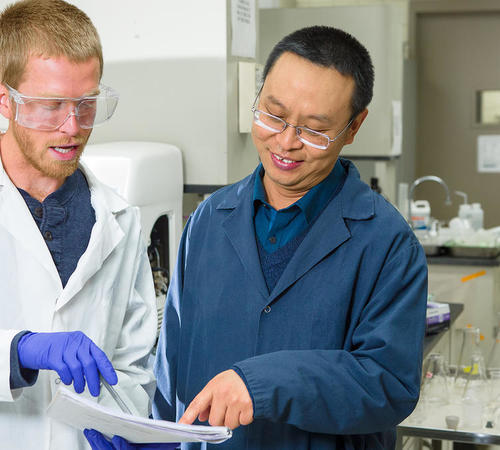
Jian Shi, assistant professor in the Department of Biosystems and Agricultural Engineering, is leading the research team.
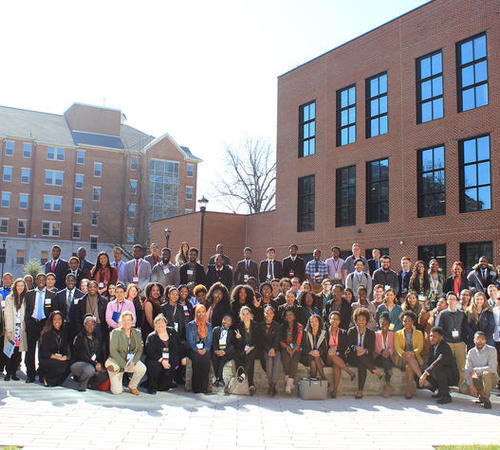
The Kentucky-West Virginia Louis Stokes Alliance for Minority Participation (KY-WV LSAMP), spearheaded by UK, is responsible for the program.
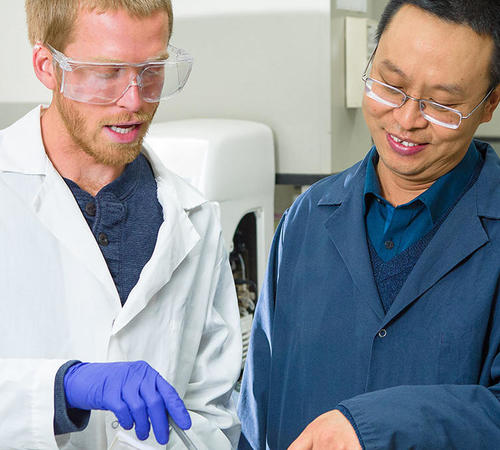
In the study led by BAE assistant professor Jian Shi, the dual-purpose cultivars that had the best biofuel potential, which uses the stalk, also produced grain.
